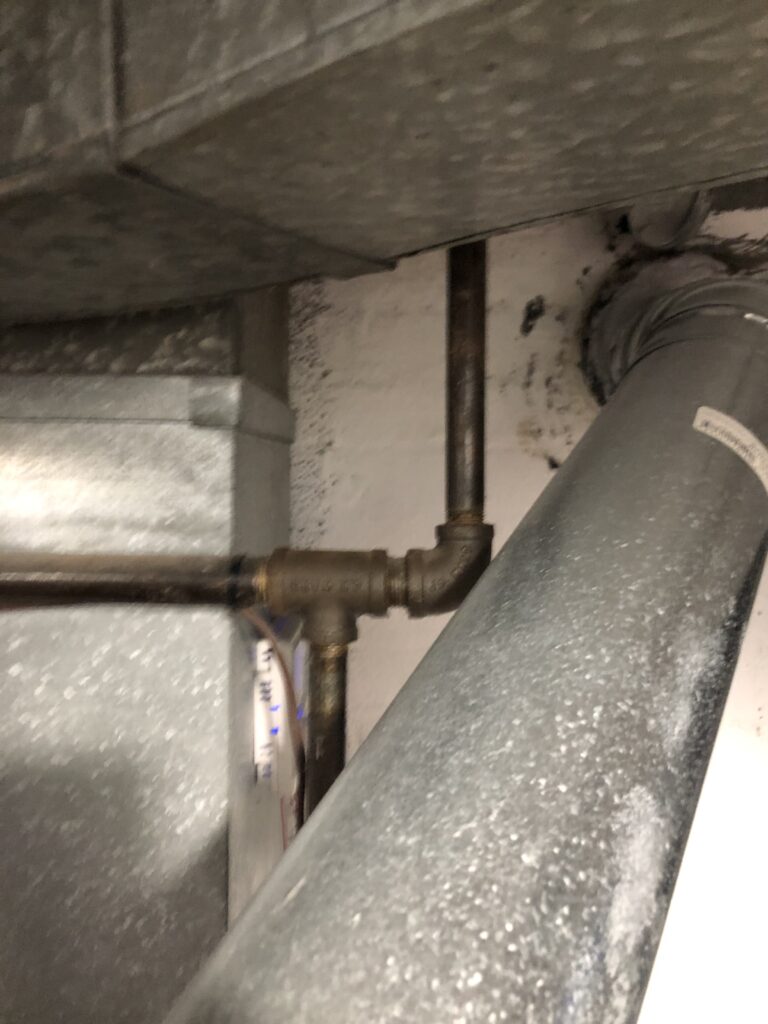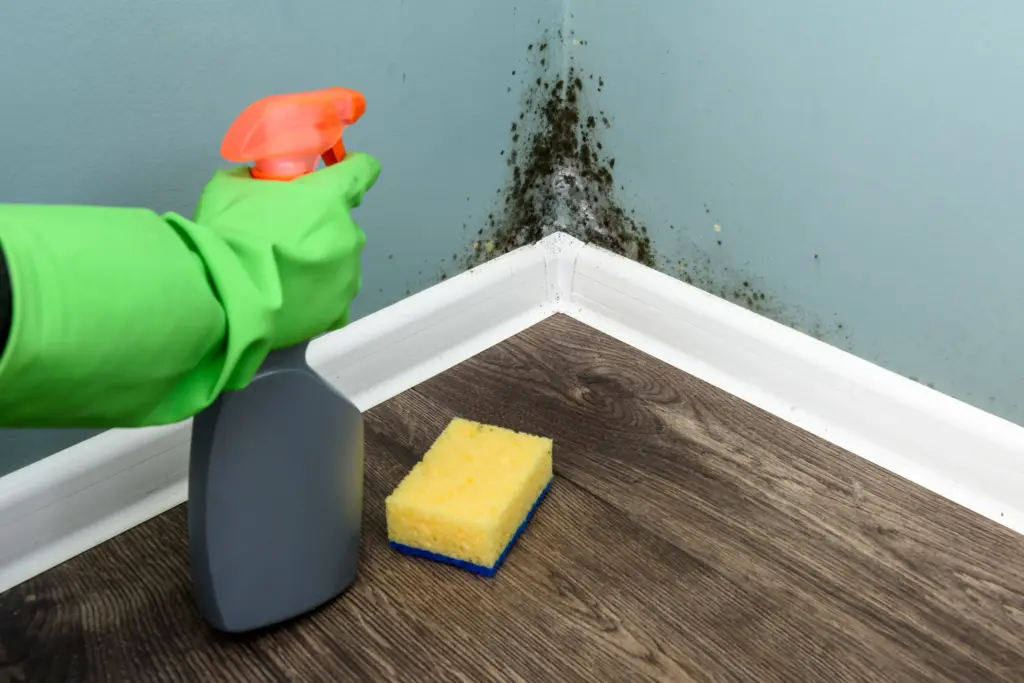Can Mold Cause Pneumonia
Indoor mold is one of the most common environmental hazards found in homes, yet many people underestimate its potential impact on human health. While some may experience only mild allergic reactions to mold, others can suffer from serious respiratory illnesses. Among the most frequently asked questions by concerned homeowners is this: can mold cause pneumonia?
The short answer is yes—under certain conditions, exposure to mold can contribute to or cause pneumonia, particularly in individuals with pre-existing health conditions, weakened immune systems, or prolonged exposure to mold-contaminated environments. But the connection between mold and pneumonia is complex, and it’s not always direct.
To fully understand whether or not mold can cause pneumonia, we need to explore how mold affects the lungs, who is most at risk, the types of pneumonia that may develop, and what homeowners can do to prevent dangerous mold exposure in the first place. If you’ve ever dealt with mold in your basement, bathroom, or HVAC system and wondered if it could be making your family sick, this article is for you.

What Is Pneumonia and How Does It Occur?
Pneumonia is a type of lung infection that causes the air sacs in one or both lungs to become inflamed and filled with fluid or pus. This results in symptoms like cough, shortness of breath, chest pain, fatigue, fever, and difficulty breathing. According to the Centers for Disease Control and Prevention (CDC), pneumonia can be caused by bacteria, viruses, and in some cases, fungi.
While bacterial and viral pneumonias are more common, fungal pneumonia is often overlooked. This form of pneumonia is typically seen in individuals who inhale fungal spores over time, which can settle in the lungs and begin to grow. Mold is a type of fungus, and when mold spores are present in the air at high concentrations, they can trigger immune responses or infections, particularly in people who are immunocompromised.
So, can mold cause pneumonia? Yes, fungal spores from certain mold species can cause fungal pneumonia in some individuals, and they can also exacerbate bacterial or viral pneumonia in others by weakening the respiratory system and making it more vulnerable.
How Mold Affects the Respiratory System
When mold grows indoors—whether behind drywall, under carpet, in a basement, or inside HVAC ducts—it continuously releases spores into the air. These microscopic spores are easily inhaled and can irritate the nose, throat, and lungs. For healthy individuals, this may lead to mild allergy-like symptoms, but for others, it can progress into more serious issues.
Repeated or prolonged exposure to mold spores can inflame the airways and lead to conditions such as asthma, bronchitis, and even chronic lung infections. In those with compromised immune systems—such as the elderly, infants, cancer patients, or those with HIV/AIDS—the immune system may not be able to fight off the foreign invaders. In such cases, fungal pneumonia can result from ongoing mold exposure, especially if mold is present in high concentrations.
The most commonly implicated mold species in respiratory illness include Aspergillus, Stachybotrys, and Cladosporium. Some of these molds produce mycotoxins, which are toxic compounds that can damage lung tissue and suppress the immune response.

At-Risk Groups for Mold-Related Pneumonia
To understand can mold cause pneumonia, it’s important to identify who is most vulnerable to this health outcome. While not everyone who breathes in mold spores will become seriously ill, certain populations are at significantly higher risk.
Individuals with asthma or chronic obstructive pulmonary disease (COPD) are more likely to experience complications when exposed to mold. Mold spores can worsen existing respiratory conditions, leading to infections like pneumonia. Children and the elderly are also more susceptible due to their weaker immune responses.
Patients undergoing chemotherapy, organ transplant recipients, or anyone taking immunosuppressive medication are particularly vulnerable to invasive fungal infections like aspergillosis, a condition caused by inhaling Aspergillus spores. This infection can progress rapidly and, in some cases, become life-threatening.
In these groups, the answer to whether mold can cause pneumonia is a definitive yes. Exposure to mold-contaminated environments should be avoided entirely by anyone with a weakened immune system or pre-existing respiratory issues.
Fungal Pneumonia vs. Mold Allergies
It’s also important to distinguish between mold-induced allergic reactions and fungal pneumonia. Mold allergies are very common and can cause symptoms like sneezing, itchy eyes, nasal congestion, coughing, and throat irritation. These symptoms may worsen in damp environments or after cleaning moldy areas.
Fungal pneumonia, however, is an actual infection of the lungs. It occurs when fungal spores are inhaled and begin to grow in the lung tissue. This can cause inflammation, difficulty breathing, and sometimes systemic infection that spreads to other parts of the body. Unlike allergies, fungal pneumonia often requires antifungal medications and sometimes hospitalization.
If you’ve been asking yourself can mold cause pneumonia, it’s likely due to concerns about whether the presence of mold in your home is more than just a nuisance. If symptoms go beyond seasonal allergies or worsen over time, especially with fever and chest pain, professional medical attention is essential.

Signs Your Home Might Be Contributing to Health Risks
If someone in your home has recurring respiratory symptoms, frequent bronchitis, or unexplained fatigue, indoor mold may be part of the problem. Even if the home appears clean on the surface, mold can hide in walls, attics, basements, and crawlspaces. It may also be present in carpet padding, behind appliances, or in ductwork.
A musty smell in your home, especially in lower levels or near HVAC systems, could indicate mold contamination. Visible stains on ceilings, bubbling paint, warped wood, and recent water damage are all potential red flags. These are the kinds of issues a qualified home inspector will look for during an evaluation.
At Icon Home Inspectors, we specialize in thorough inspections that identify mold-prone areas and help homeowners in Northeast Ohio address issues before they lead to serious health problems. If you suspect mold is affecting your home and your health, scheduling a professional inspection is a smart first step.
Preventing Mold Exposure and Protecting Your Health
If you’ve been wondering can mold cause pneumonia, prevention becomes even more important. The best way to avoid mold-related respiratory issues is to prevent mold growth in the first place. This means keeping indoor humidity below 60%, repairing leaks immediately, using dehumidifiers in basements, and ensuring proper ventilation in bathrooms and kitchens.
In areas that have experienced water damage, all affected materials should be dried and, if necessary, replaced. Carpets, drywall, and insulation that remain wet for more than 24–48 hours are likely to become moldy. Air filters in your HVAC system should be changed regularly, and mold-resistant paint and materials can offer added protection in moisture-prone spaces.
If you’ve already discovered mold in your home, don’t rely solely on DIY methods. Small surface areas can often be cleaned with appropriate solutions, but widespread contamination or hidden mold usually requires professional remediation. Once cleaned, monitoring your indoor air quality and maintaining dry conditions will go a long way in reducing future risk.

Conclusion
So, can mold cause pneumonia? Yes—particularly in individuals with weakened immune systems, chronic respiratory conditions, or long-term exposure to mold-infested environments. Mold can lead to fungal pneumonia and worsen bacterial or viral infections, making it a serious concern for both health and home maintenance.
If you suspect mold in your home and have experienced persistent respiratory symptoms, don’t ignore the warning signs. Take action by improving ventilation, controlling humidity, and most importantly, consulting a professional for a thorough home inspection. At Icon Home Inspectors, we are committed to helping homeowners identify and resolve mold issues before they threaten your family’s health.